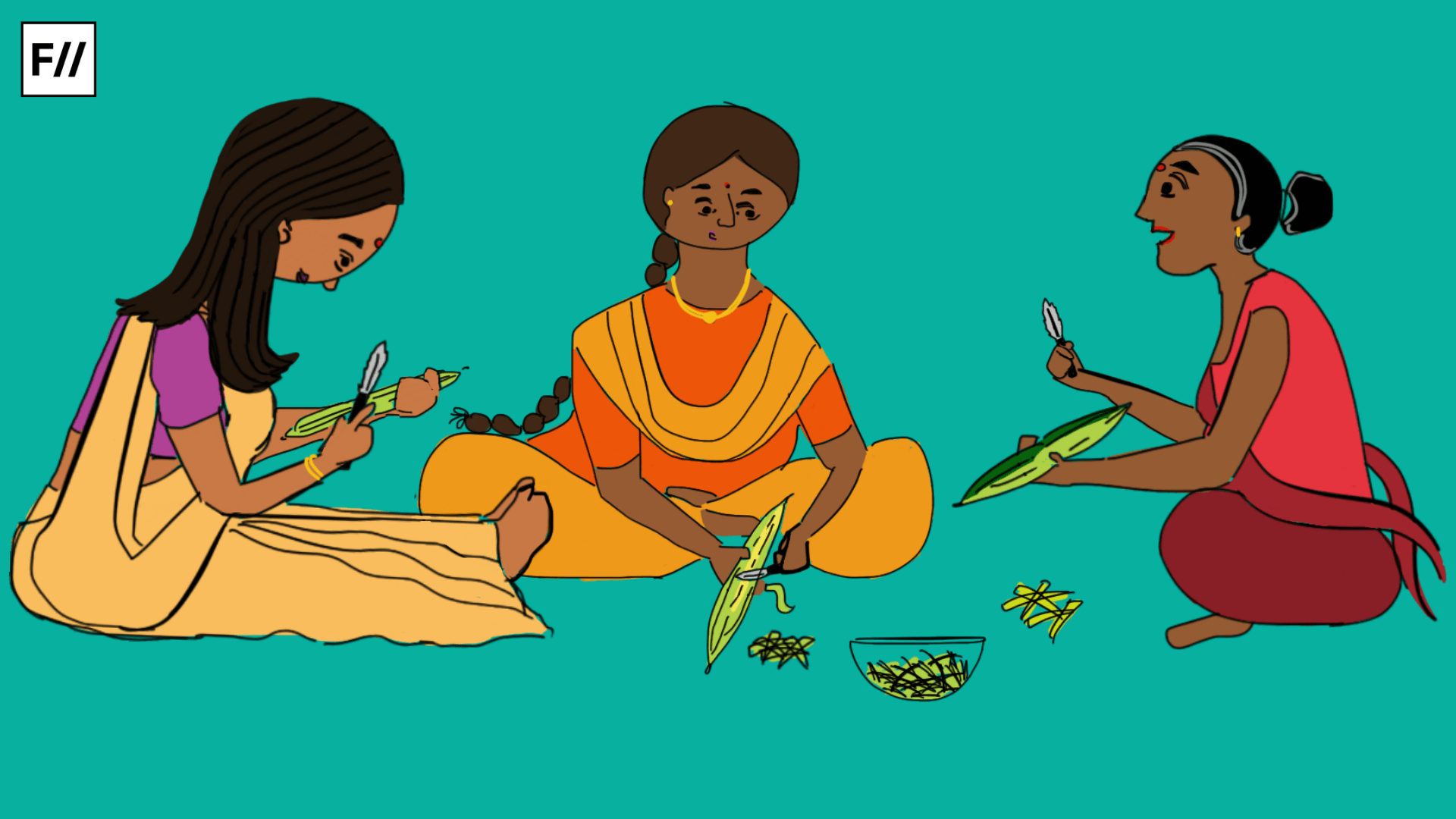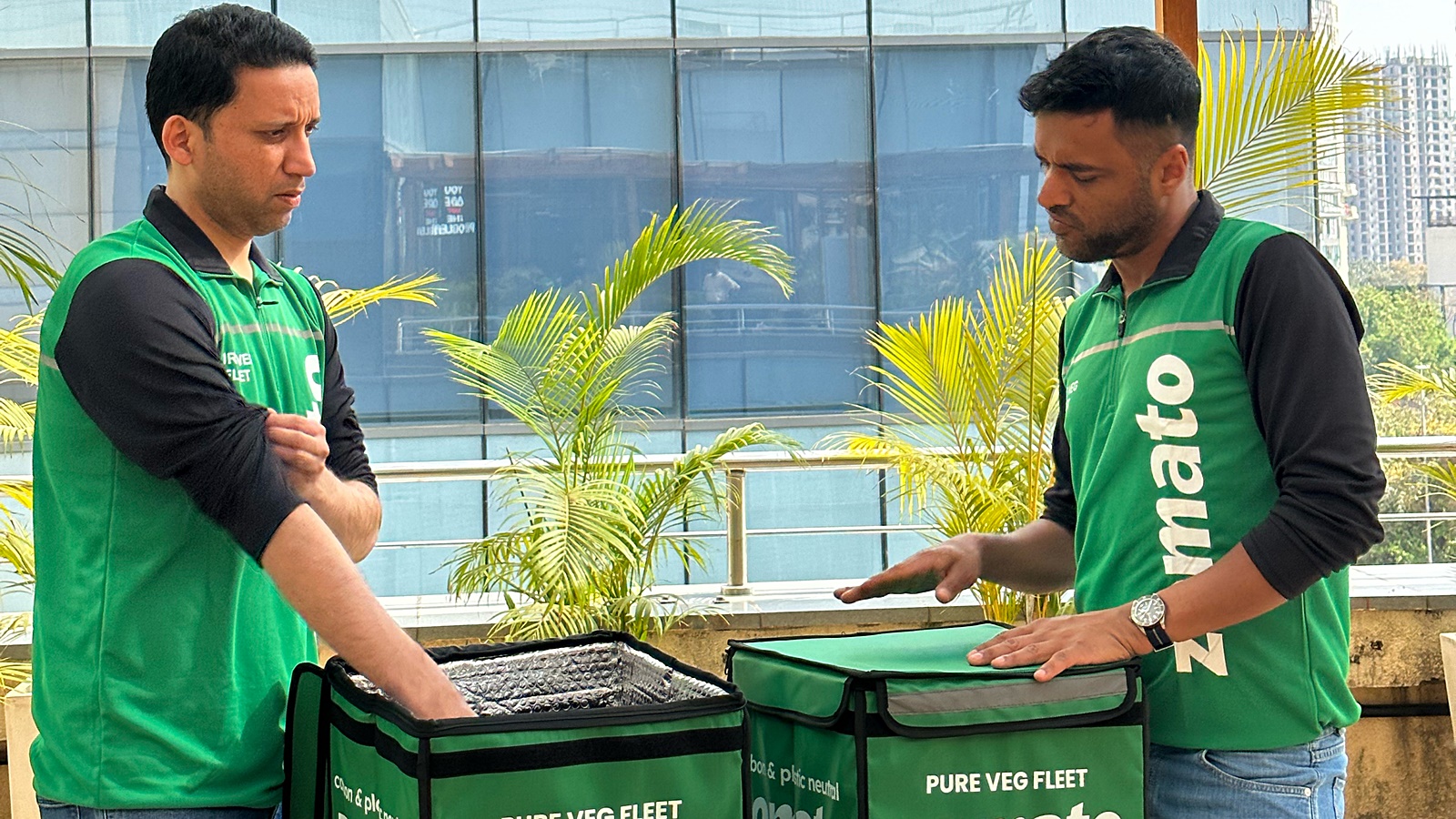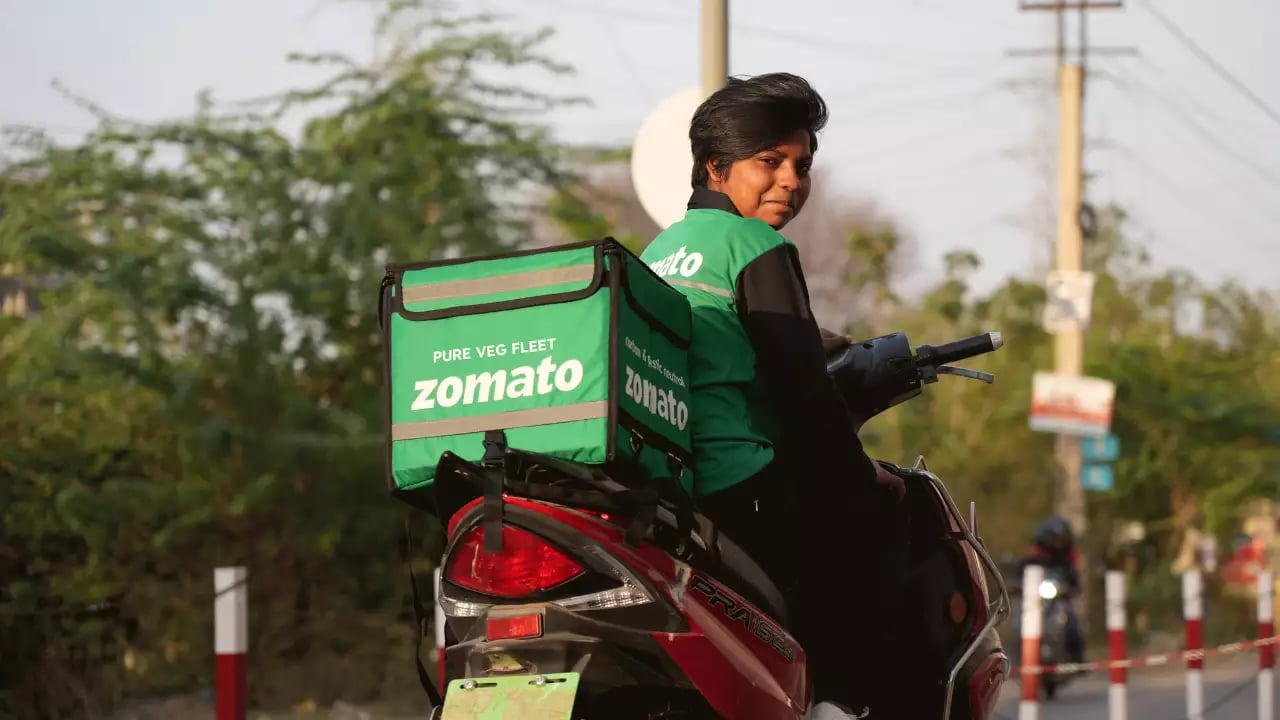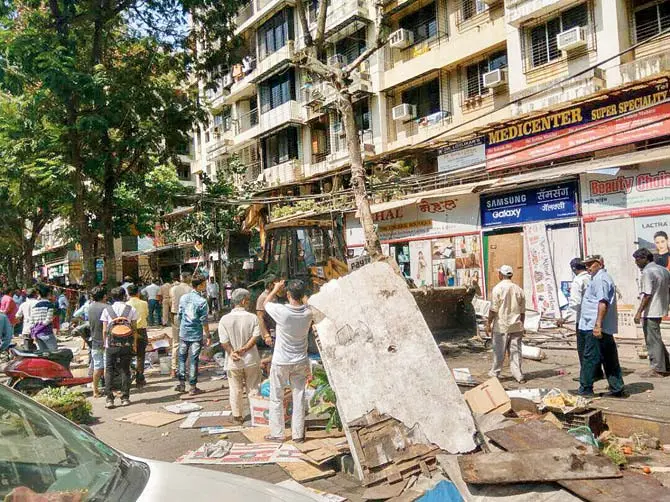Can a food delivery app be discriminatory? Zomato, a household name in India, sparked this very debate with its ‘pure veg’ fleet. Designed to cater to vegetarian customers with dedicated delivery personnel, the initiative promised peace of mind. However, the colour-coded uniforms – a well-intentioned symbol of purity – ignited a firestorm on social media. This controversy raises a critical question: does serving specific dietary needs inadvertently widen social divides?
The flawed logic of Zomato’s ‘pure veg’ deliveries
In a post on X dated 19th March, Zomato founder and CEO Deepinder Goyal said that the new service will only cater to the audience who are vegetarians. This feature filtered restaurants serving only vegetarian meals and promised deliveries by a dedicated team. Delivery personnel wouldn’t handle non-vegetarian items and were initially planned to wear green uniforms to signify their role. However, this plan backfired after a massive outcry on social media. The colour-coded uniforms sparked concerns about potential discrimination, leading Zomato to scrap the green attire while keeping the core service of delivering vegetarian food from vegetarian restaurants.
At first glance, Zomato’s “pure veg” delivery fleet for specifically vegetarian food orders seems like a win-win. Vegetarians can supposedly enjoy peace of mind knowing their food hasn’t touched non-vegetarian items. However, a closer look reveals a troubling undercurrent. This initiative goes beyond mere dietary preferences and risks exacerbating existing social divisions in India.
Zomato is catering to upper-caste norms and alienating a wider audience
Zomato claims this caters to a ‘large percentage’ of users. Yet, statistics paint a different picture. A minority in India practices strict vegetarianism. According to a Pew Research Center survey of 2021, only 39% of Indians consider themselves 100% vegetarians. The real target audience appears to be a narrow segment adhering to upper-caste vegetarian norms, often stricter than the average vegetarian diet. This pandering not only alienates a vast user base but also contradicts Zomato’s past statement: ‘Food has no religion.’ The “pure veg” fleet starkly contrasts this message, feeding into the very social divisions the company claims to oppose.
In a post on X dated 19th March, Zomato founder and CEO Deepinder Goyal on Tuesday said that the new service will only cater to the audience who are vegetarians.
This isn’t an isolated incident. Social resistance against segregated vegetarian spaces already exists. Earlier this year, a Tamil film was taken down from Netflix for merely mentioning that Lord Ram of The Ramayana might have eaten meat during his exile. Last year, IIT Bombay faced student protests for creating separate vegetarian dining areas. In 2022, violence erupted in the Jawaharlal Nehru University campus over non-veg being served allegedly on Ram Navami. Zomato’s digital segregation through the “pure veg” fleet mirrors these real-world issues, raising serious concerns about its long-term implications.
The rise of flexitarianism and a missed opportunity
Data from the National Family Health Survey (NFHS) suggests a rise in non-vegetarian consumption in India. There’s been a significant increase in the proportion of people eating meat and fish between 2015-16 and 2019-21. The survey reveals that among individuals aged 15-49, 83.4% of men and 70.6% of women now consume non-vegetarian meals daily, weekly, or occasionally.

Zomato’s “pure veg” initiative, while seemingly addressing a specific consumer need, overlooks a fascinating shift in dietary habits. The NFHS data reveals a rise in non-vegetarian consumption, particularly among men. This trend, coupled with the global rise of “flexitarianism,” suggests a growing consumer base interested in exploring diverse culinary options without rigid dietary restrictions.
The caste system, historically known as the Varna system, has its origins in ancient Hindu scriptures. These texts prescribed occupations and dietary restrictions for each caste. Brahmins (priests and scholars) were put at the top, expected to maintain the highest level of purity, reflected in a strict vegetarian diet. In contrast, the oppressed Shudra castes (labourers) were looked down upon for having a majorly non-vegetarian diet.
Zomato’s “pure veg” initiative, while seemingly addressing a specific consumer need, overlooks a fascinating shift in dietary habits.
The concept of purity (Shuddha) and impurity (Ashuddha) permeated all aspects of life, with food playing a central role. Consumption of meat, eggs, and certain vegetables like onions and garlic was deemed impure, often associated with “lower” castes who were thought to be involved in activities considered unclean.
The caste system, with its dietary restrictions, served as a tool for social control. Oppressor castes wielded food purity as a weapon to maintain their dominance. By dictating what others could or couldn’t eat, they reinforced social hierarchies and discouraged inter-dining practices.
The stain of segregation still persists
The spectre of caste discrimination through food choices extends beyond historical texts. Even today, incidents of school children refusing to eat meals prepared by cooks from oppressed castes highlight the dangers of perpetuating such divisions.

In 2023, a government school in Tamil Nadu witnessed protests from oppressor-caste students who refused to eat mid-day meals cooked by a Dalit woman. Similar incidents have been reported across various states in India, including Uttarakhand, Uttar Pradesh, and Gujarat, highlighting the deep-rooted prejudices that persist.
Zomato’s “pure veg” fleet, with its emphasis on segregation, risks normalising such discriminatory practices. By creating a system based on dietary restrictions, it reinforces the idea that certain groups are “impure” and their food is unfit for consumption by others. This not only breeds social distrust but also denies children from marginalised communities the right to nutritious meals.
Will deliveries become caste-specific in the future? Could a Muslim driver be deemed unfit to deliver a vegetarian order based on their religion?
The true danger lies in the slippery slope this system creates. Will deliveries become caste-specific in the future? Could a Muslim driver be deemed unfit to deliver a vegetarian order based on their religion? Zomato risks fostering a digital platform that reinforces harmful caste hierarchies, potentially normalising such prejudices.
Zomato’s green uniform fiasco serves as a stark reminder that progress can be fragile and offers valuable lessons for the food delivery industry as a whole. While vegetarians deserve options that cater to their preferences, segregation isn’t the answer. Perhaps the key lies in celebrating India’s vibrant culinary traditions. By prioritising inclusivity, fostering open dialogue, and leveraging technology for good, these platforms can create a more connected and equitable dining experience for everyone.
In a world increasingly divided, food can be a powerful tool for bringing people together over delicious meals, regardless of dietary choices. Maybe a new colourcode is needed, not for segregation but for inclusivity. We could use a symbol that signifies open-mindedness and a smile delivered with every order, free from judgment and discrimination.
About the author(s)
Aaditya Pandey is a poet and freelance writer based in New Delhi. He writes about art, culture, politics and queerness. His previous works have been published in Deccan Chronicle, Live Wire and Poems India








